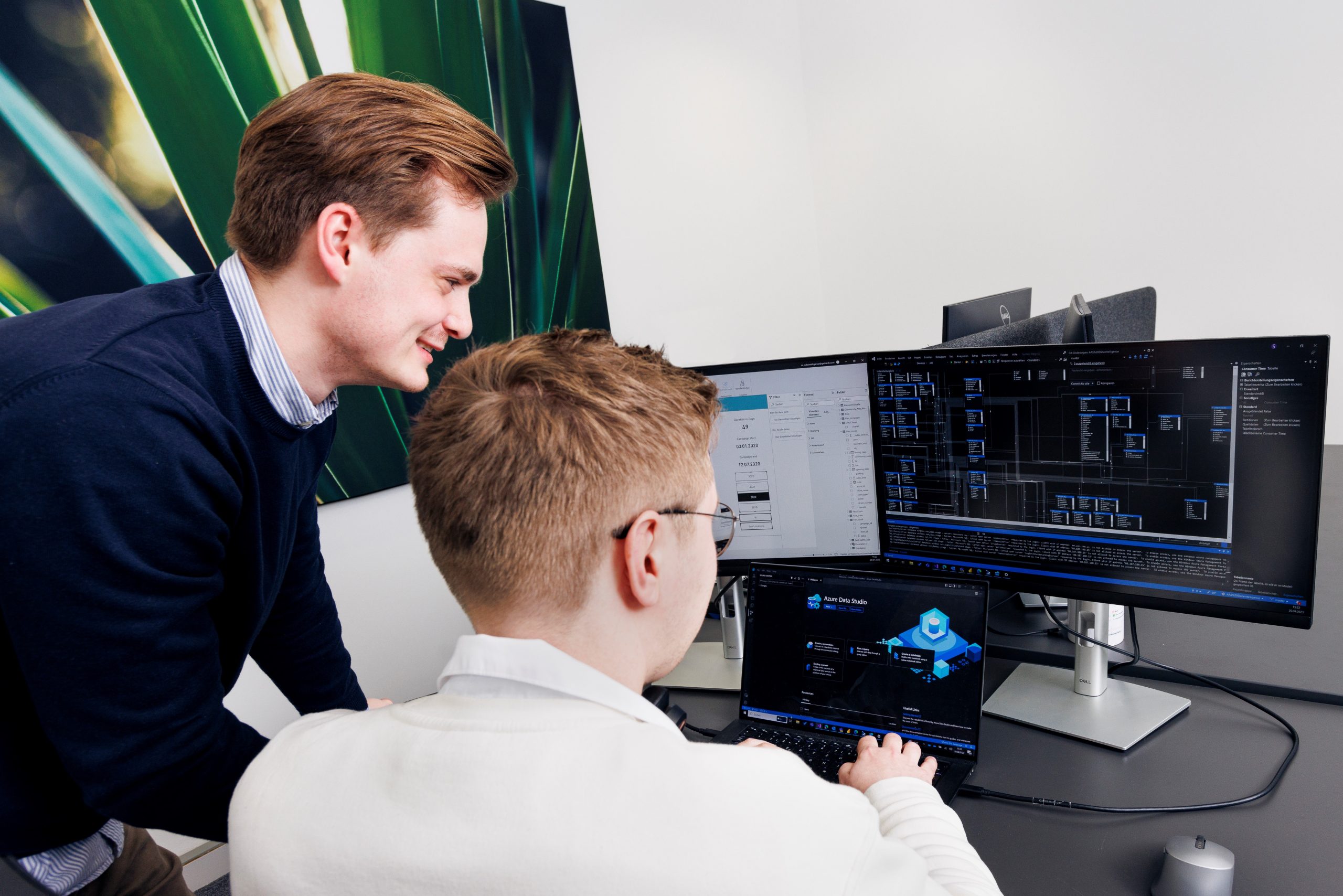
Data Intelligence
changing perspective.
We create a cloud-based data infrastructure that ensures data logistics even in heterogeneous structures and from which every company can benefit.
and how you can master them
The security of corporate data is a top priority, and the implementation of multi-factor authentication (MFA) and self-service password reset (SSPR) is an essential step in the right direction.
HoweverHowever, the combination of MFA and SSPR raises some questions, in particular w ith regard to the control of attacks on theiffen.
- Angreager could try, during the initial setup malicious methods to compromise accounts.
Only allow SSPR to be set up within the "Trusted Location"
Employees can no longer log in if they are not in the "Trusted Location".

Ambiguities? Curiosity aroused?
Arrange your personal meeting now!
This is a method of verifying a user's identity by using more than one verification factor. Typically, two or more of the following factors are used: something the user knows (e.g. a password), something the user owns (e.g. a smartphone), or something unique to the user (e.g. a fingerprint). In Azure AD, MFA can help to increase the security of user accounts and minimize the risk of unauthorized access.
This is a feature in Azure AD that allows users to reset their password on their own without having to contact support. This feature can increase productivity and reduce costs by reducing the number of support requests.
This is a feature in Azure AD that allows administrators to define access policies based on conditions. These conditions can include, for example, the user's location, the device from which resources are accessed or the user's risk level. Based on these conditions, access can be allowed, denied or additional requirements can be set (e.g. MFA).
In the context of conditional access, a trusted location is a geographic location or IP address range that has been classified as secure. Administrators can create policies based on the user's location to facilitate access from trusted locations or restrict access from untrusted locations.
A Temporary Access Pass is a time-limited passcode that administrators can provide to users to log in to their account or perform actions such as registering for multi-factor authentication or self-service password resets. TAPs can be an alternative to traditional authentication methods and allow for more secure account recovery.
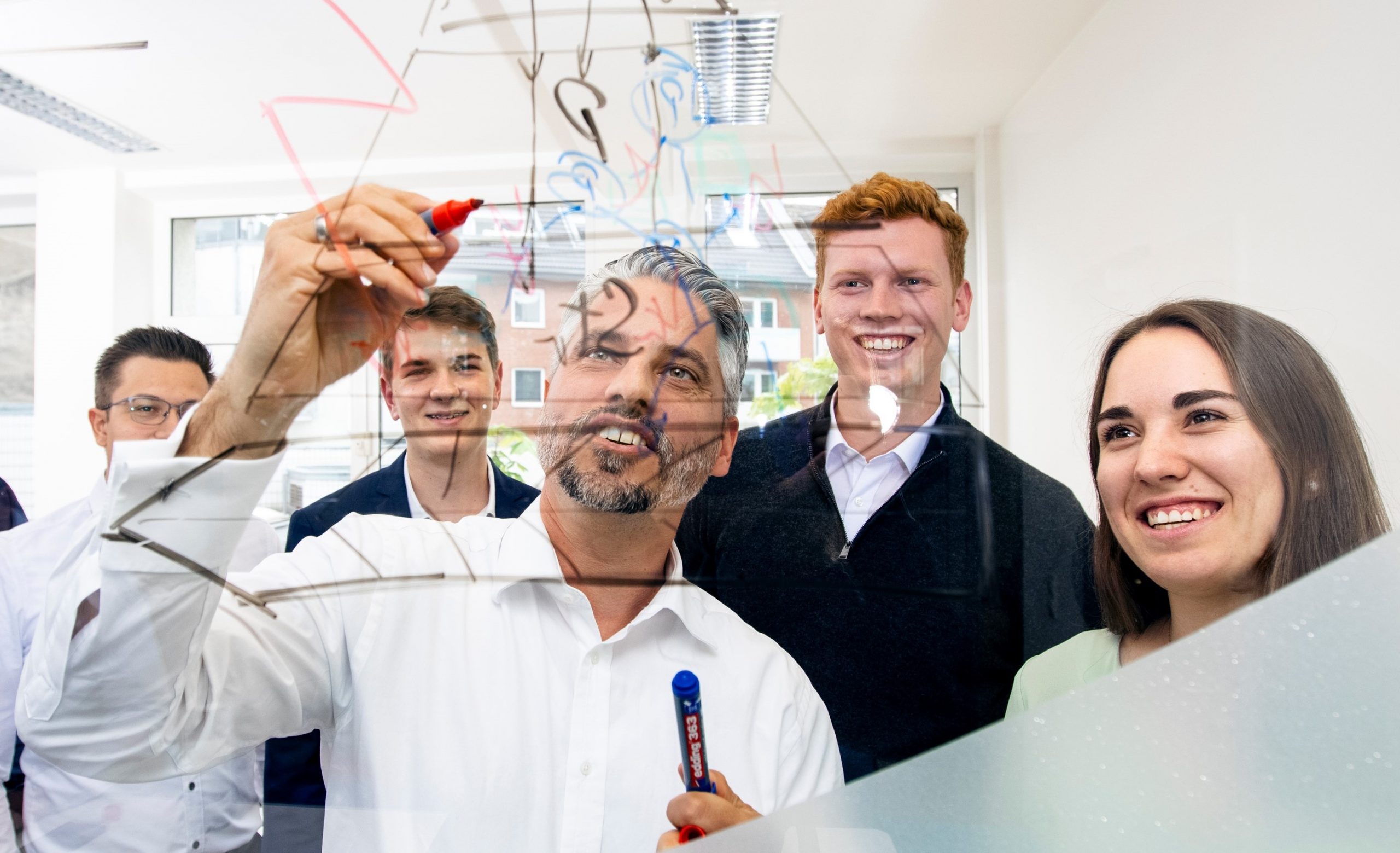
We design and understand the future strategy of our customers and adapt our actions accordingly.

We create a cloud-based data infrastructure that ensures data logistics even in heterogeneous structures and from which every company can benefit.

We are architects and implementers for the future IT structure of the digital enterprise, working with our customers to lay the foundation for digitization.
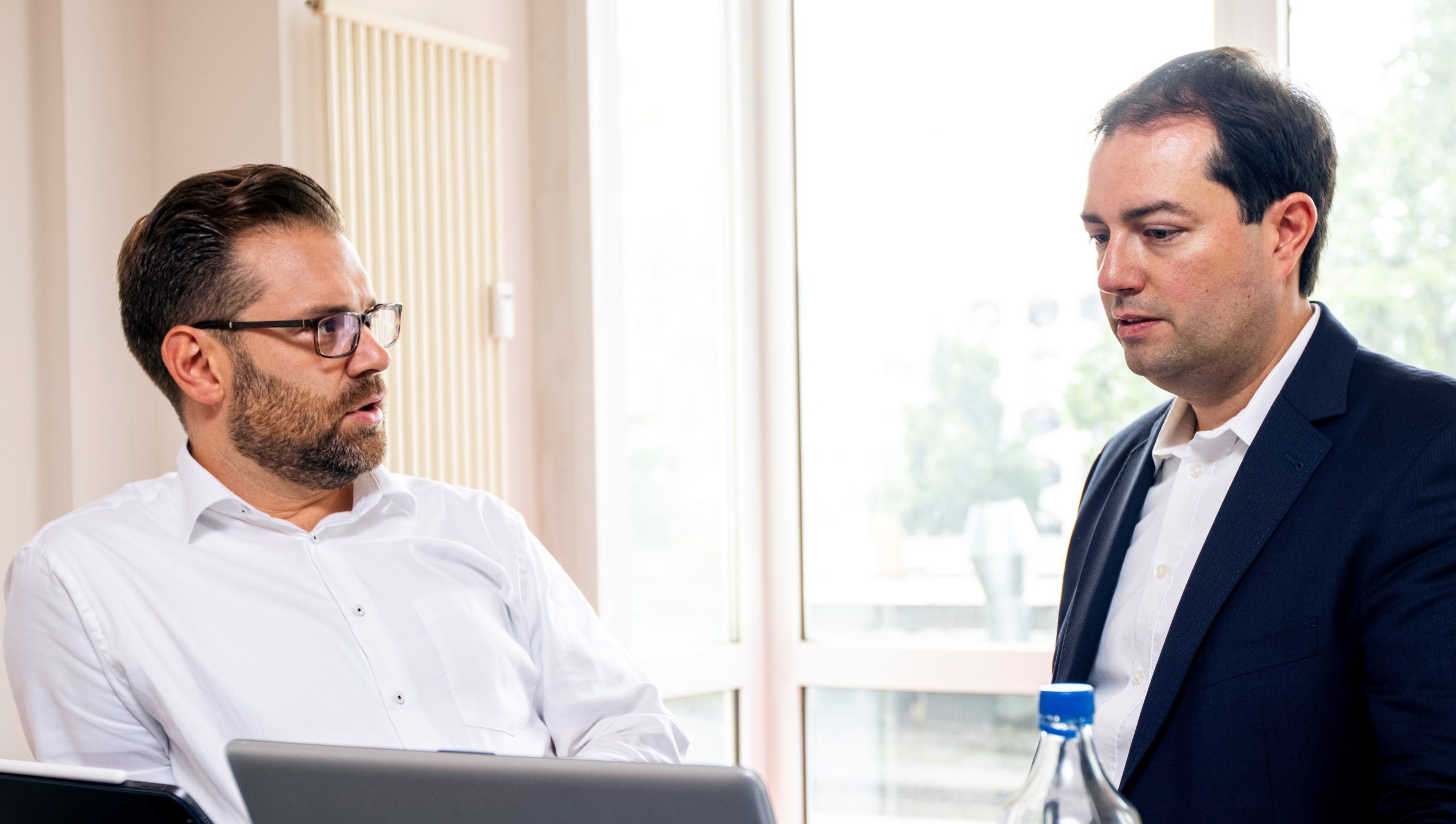
As a digital-first company with a lot of experience in finance and controlling, we pass on our experience for the optimization of corporate management.
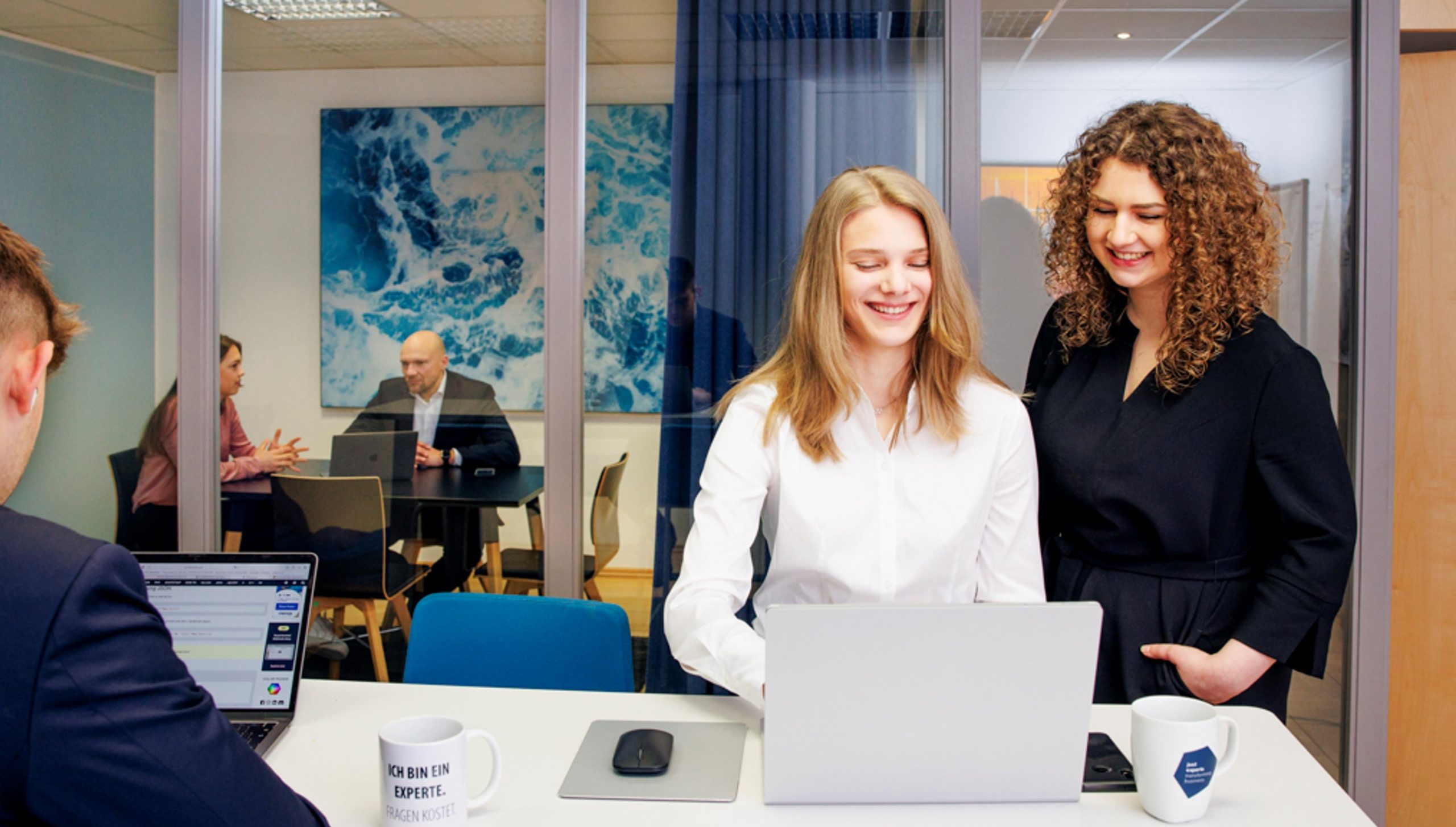
Together with our employees, we transform companies into self-learning organizations and create the jobs of the future.
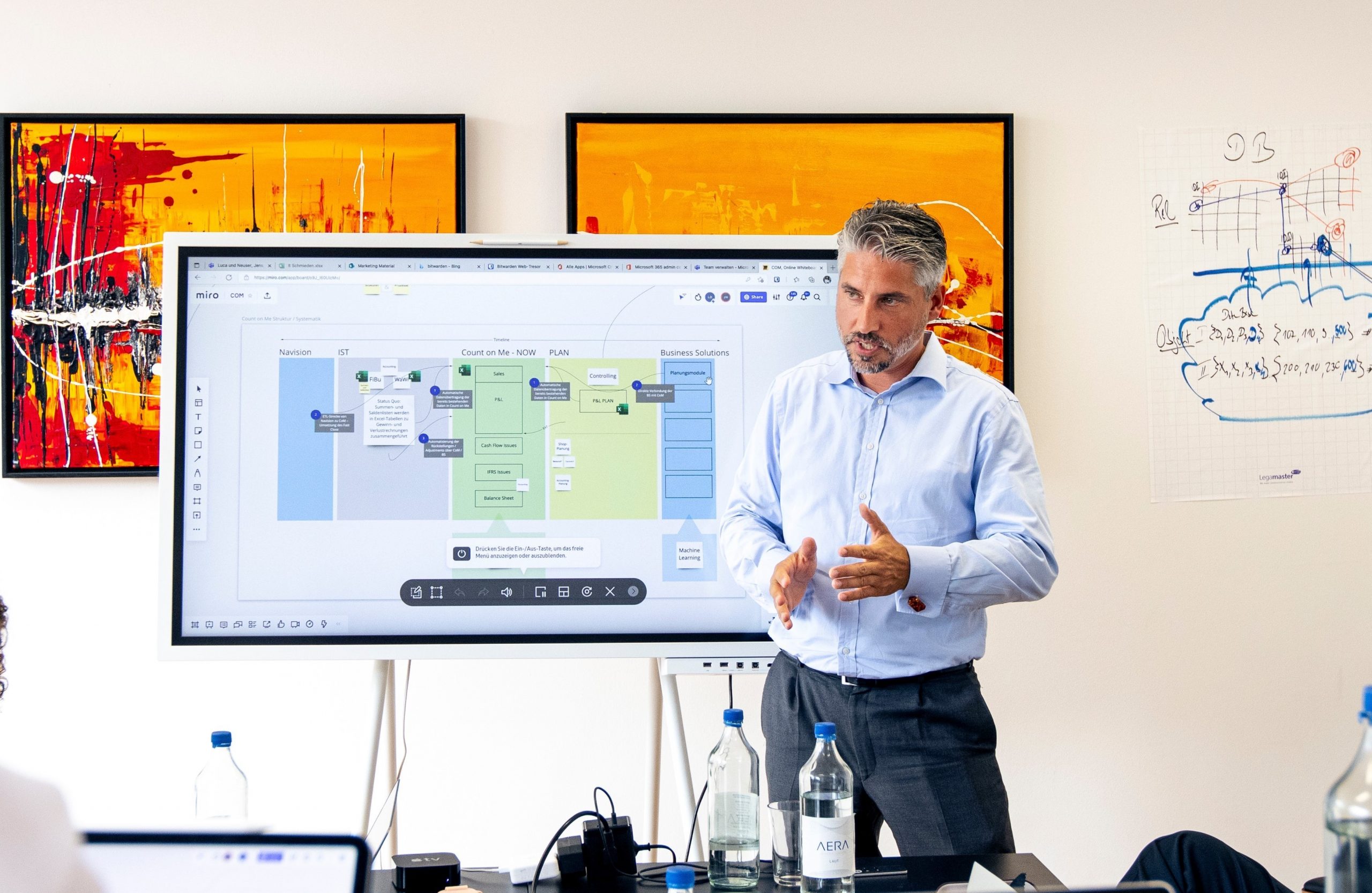
With state-of-the-art applications, we create data-driven and sustainable solutions, always focusing on the overall context and added value for the strategic orientation of the organization.